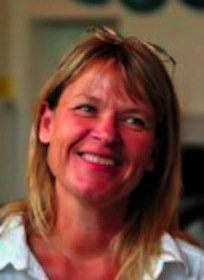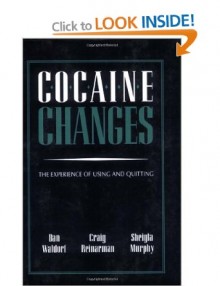 Here is a very important blog post that I first uploaded to the website back in June 2013. It is essential reading for those people developing and running recovery communities, as well as people working in the treatment field:
Here is a very important blog post that I first uploaded to the website back in June 2013. It is essential reading for those people developing and running recovery communities, as well as people working in the treatment field:
“For nearly five decades, Rudy Moos, PhD, has been one of the giants of modern addiction research. I believe he has, more than any other research scientist, focused on questions of the greatest import to addiction counselors and the individuals and families they serve. His published studies have dramatically expanded our knowledge of addiction treatment and the processes of long-term addiction recovery.” William L White
That is one hell of an introduction to Rudolf Moos, in my humble opinion one of the great addiction researchers of our time. Bill White’s comments come at the beginning of a very interesting interview he conducted with Rudolf in 2011.
In this interview, Bill asks Rudolf if he would summarise the core principles that have been revealed by his research that illuminate the active ingredients within the processes of successful addiction treatment and recovery. Here is what Rudolf had to say (I’ve changed some of the paragraphs and omitted references for clarity purposes):












